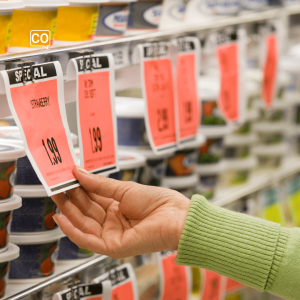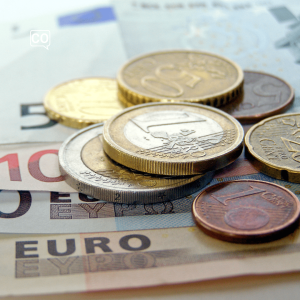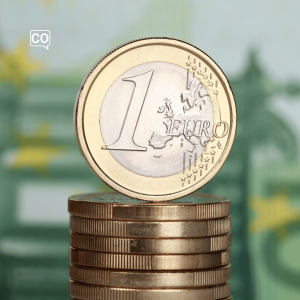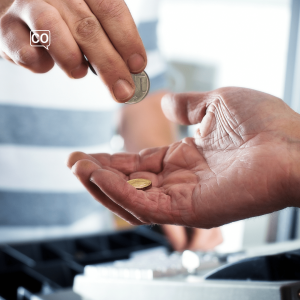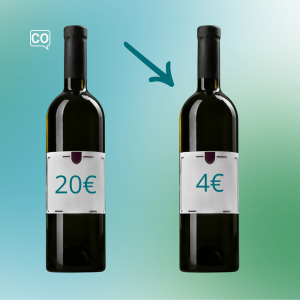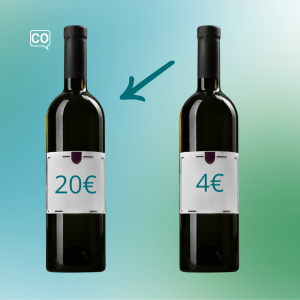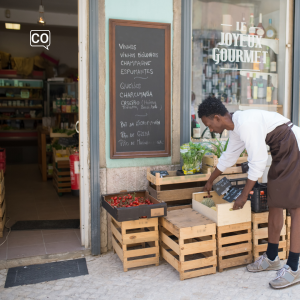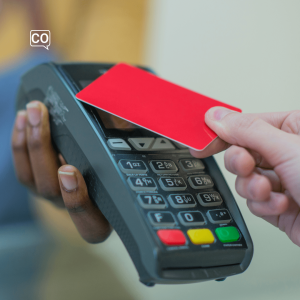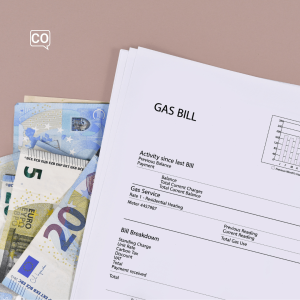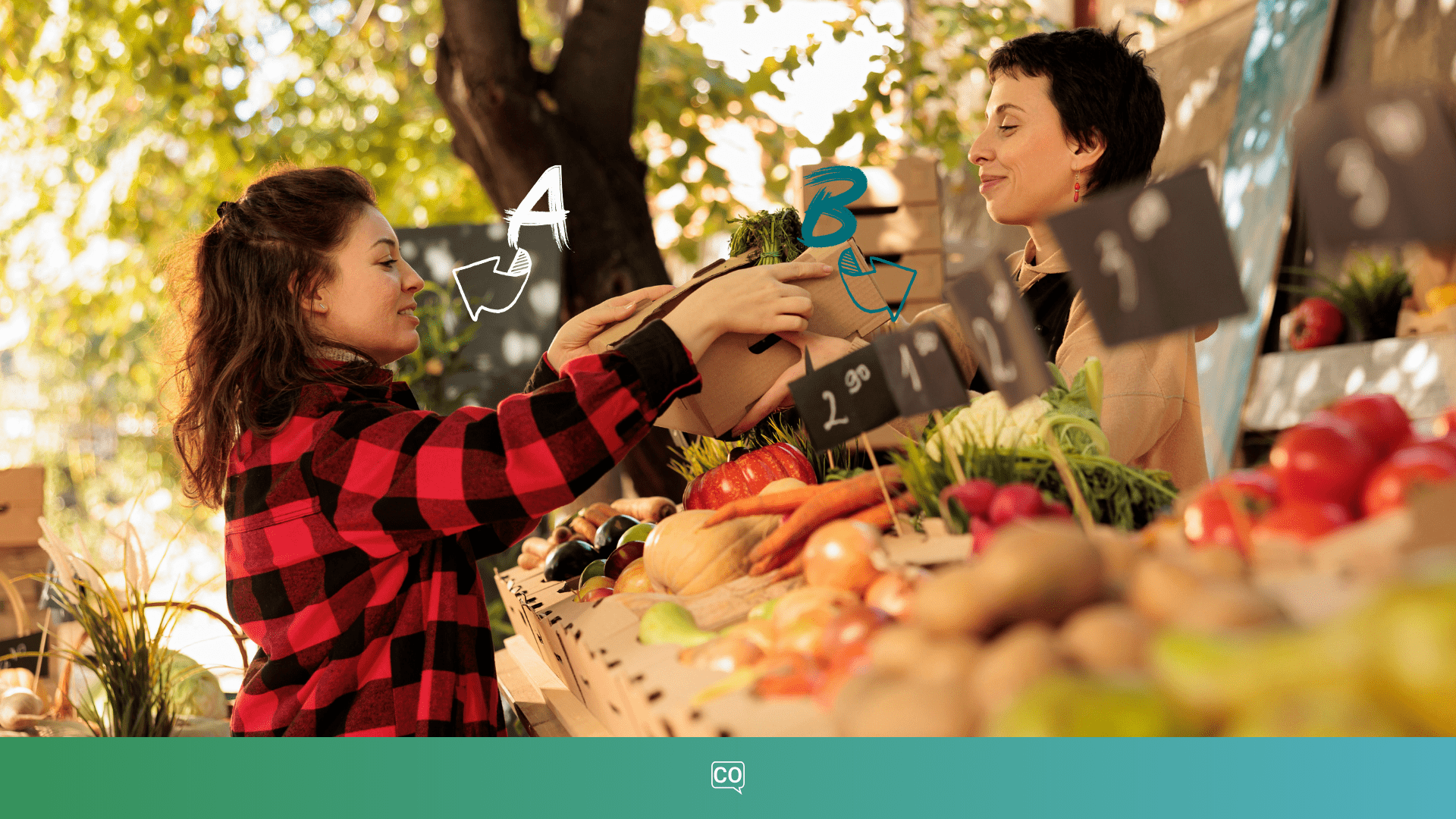Precios y dinero

Learning goals:
- Vocabulario sobre dinero y monedas (Vocabulary on money and currencies)
- Métodos de pago (Payment methods)
- Adverbios de cantidad (Adverbs of quantity)
- La Peseta - La Antigua Moneda de España (The Peseta - The Old Currency of Spain)
Learning module 3 (A1): Día a día (Day to day)
Recap exercises of the previous lesson
Teaching guidelines +/- 60 minutes
Core vocabulary (15)
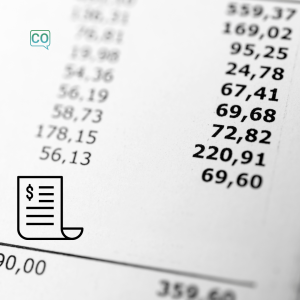
Yo tengo que pagar la factura de la leche.
(I have to pay the bill for the milk.)
La factura
(The invoice)
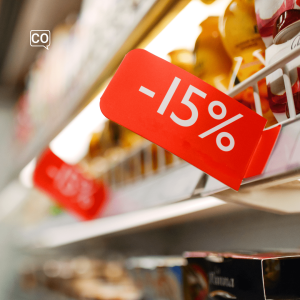
El descuento en la tienda es del diez por ciento.
(The discount in the shop is ten percent.)
El descuento
(The discount)
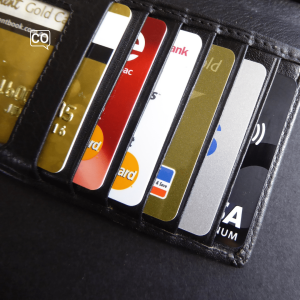
Tengo que usar la tarjeta para pagar el café.
(I have to use the card to pay for the coffee.)
La tarjeta
(The card)
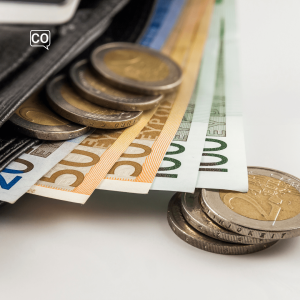
¿Cuánto efectivo necesitas para pagar el pan?
(How much cash do you need to pay for the bread?)
El efectivo
(The cash)
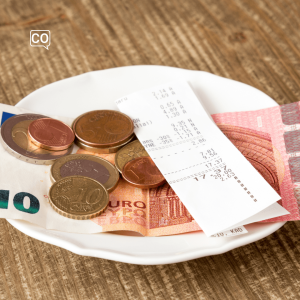
Hay que pedir la cuenta antes de salir de la tienda.
(You have to ask for the bill before leaving the shop.)
La cuenta
(The bill)
Listening materials
Our listening materials implement the verbs, vocabulary and grammar topics of this lesson. Audio and video available!
A1.19.1 Diálogo: Pagar en el mercado
Spanish A1.19.1 Paying at the market
Pedro y Ana van de compras al mercado y usan preguntas comunes para hablar sobre precios y dinero.
(Pedro and Ana go shopping at the market and use common questions to talk about prices and money.)
Teaching guidelines +/- 15 minutes
A1.19.2 Gramática: Adverbios de cantidad
Spanish A1.19.2 Adverbs of quantity
(Quantitative adverbs are used to talk about the approximate amount of things.)
Teaching guidelines +/- 15 minutes
A1.19.3 Cultura: La Peseta - La Antigua Moneda de España
Spanish A1.19.3 The Peseta - The Old Currency of Spain
Aprende sobre la peseta, la antigua moneda de España usada desde 1869 hasta 2002, y su historia antes del cambio al euro. ¡Un viaje al pasado!
(Learn about the peseta, the old Spanish currency used from 1869 to 2002, and its history before the switch to the euro. A journey to the past!)
Teaching guidelines +/- 10 minutes
Exercises
These exercises can be done together during conversation lessons or as homework.
Exercise 1: Find the words
Instruction: Find the words, mark them and make sentences with the words.
Show answers Show hintsHints
The cash , The bill , The euro , The price , Cheap , The card
Answers
Score: 0/6
| El efectivo | (The cash) |
| La tarjeta | (The card) |
| El precio | (The price) |
| Barato | (Cheap) |
| La cuenta | (The bill) |
| El euro | (The euro) |
Exercise 2: Reorder sentences
Instruction: The words in these sentences have been shuffled! Sort them so that they make a valid sentence again and translate.
Show answers Show translationExercise 3: Translate and make sentences
Instruction: Translate the words and phrases below and use it in a conversation or text.
Show answersExercise 4: Translate and use in a sentence
Instruction: Translate and say the word out loud. Use the word in a sentence.
Show translation|
1.
Pagar
|
(To pay) |
|
2.
Costar
|
(To cost) |
|
3.
La cuenta
|
(The bill) |
|
4.
Comprar
|
(To buy) |
|
5.
El descuento
|
(The discount) |
Exercise 5: Conjugación verbal
Instruction: Choose the correct word, read the sentence out loud and translate.
Show answers Show translationCostar (Presente, indicativo), Pagar (Presente, indicativo)
1. El vino ... menos de lo esperado.
2. Ellos ... la factura de la luz.
3. Yo ... la cuenta en el restaurante.
4. Nosotros ... las compras del supermercado.
5. Él ... el alquiler puntualmente.
Exercise 6: Adverbs of quantity
Instruction: Choose the correct word, read the sentence out loud and translate.
Show answers Show translationpoco, muchas, pocos, nada, mucha, mucho, bastante
1. Tengo ... euros en mi bolsillo.
2. Este precio es ... alto.
3. Esto es ... efectivo.
4. En esta tienda no hay ... interesante.
5. Tengo ... energía.
6. Pago ... por esta ropa.
7. Tengo ... amigas.
8. Esto no cuesta ....
Exercise 7: Translate and make sentences
Instruction: Translate the words and phrases below and use it in a conversation or text.
Show answersConversation exercise
Teaching guidelines +/- 10 minutes
- Juego de rol: una persona es el vendedor en el mercado, la otra es el cliente. (Roleplay: one person is the seller at the market, the other one is the client. )
- Nombra y comenta los precios. ¿Es barato o caro? ¿Hay descuentos? (Name and discuss the prices. Is it cheap or expensive? Are there discounts?)
- ¿Pagas la cuenta en efectivo o con tarjeta? (Do you pay the bill in cash or by card?)
Example phrases:
- A: Hola, ¿cómo puedo ayudarte? (A: Hello, how can i help you?)
- B: ¿Cuánto cuestan estas zanahorias? ( B: How much are these carrots?)
- ...
Appendix 1: Extended vocabulary table
Core vocabulary
(15):
Verbs: 3,
Adjectives: 2,
Nouns: 10,
Context vocabulary:
4
| Spanish | English |
|---|---|
| Barato | Cheap |
| Billetes | Banknotes |
| Caro | Expensive |
| Comprar | To buy |
| Costar | To cost |
| El cambio | The change |
| El descuento | The discount |
| El dinero | The money |
| El efectivo | The cash |
| El euro | The euro |
| El precio | The price |
| La cuenta | The bill |
| La factura | The invoice |
| La tarjeta | The card |
| La tienda | The store |
| Moneda | Currency |
| Paga | Pays |
| Pagar | To pay |
| Peseta | Peseta |
Appendix 2: Verb conjugation tables for this lesson
Pagar (to pay)
Exercises and examples phrases
- yo pago I pay
- tú pagas You pay
- él/ella paga he/she pays
- nosotros/nosotras pagamos We pay
- vosotros/vosotras pagáis you pay
- ellos/ellas pagan they pay
Costar (to cost)
Exercises and examples phrases
- cuesta costs
Exercise: Verb conjugation
Instruction: Choose the correct word, read the sentence out loud and translate.
Show answers Show translationPagar (Presente, indicativo), Costar (Presente, indicativo)
1. Vosotros ... la entrada al cine.
2. Él ... el alquiler puntualmente.
3. Yo ... la cuenta en el restaurante.
4. Nosotros ... las compras del supermercado.
5. El vino ... menos de lo esperado.
